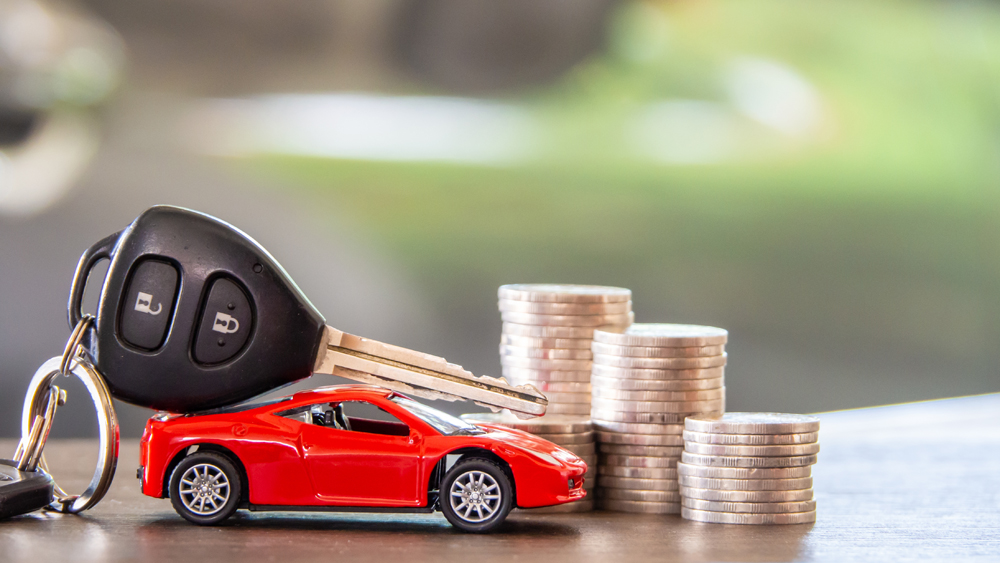Buying a Car vs. Leasing: A Comprehensive Comparison
The decision to buy or lease a vehicle can be a significant one for many individuals and families. Both options offer distinct advantages and disadvantages, depending on an individual’s circumstances, financial status, and personal preferences. If you’re on the fence about which option is right for you, this in-depth article will provide a comprehensive comparison to guide you.
Related Topics (Sponsored Ads):
Understanding the Basics
Before diving deep, it’s essential to understand what buying and leasing mean in the context of vehicles:
-
Buying a Car: This involves paying for a vehicle in full or taking out a loan to cover its cost. Once it’s paid off, you own the car outright and can keep it for as long as you wish or decide to sell it.
-
Leasing a Car: Leasing is similar to renting. You make monthly payments to use the vehicle but must return it at the end of the lease period unless you decide to buy it. There are often mileage limits and wear-and-tear guidelines.
Advantages of Buying a Car
-
Ownership: At the end of your payment term, the vehicle is yours. This sense of ownership can be emotionally and financially satisfying.
-
Flexibility: You can sell or trade in the car anytime you want. There’s no need to wait for a lease to end.
-
No Mileage Restrictions: If you drive a lot, you won’t have to worry about going over a predetermined mileage limit.
-
Customization: You’re free to modify or customize your vehicle as you see fit, from paint jobs to performance upgrades.
-
Long-Term Cost: Over time, especially if you keep the car for many years after it’s paid off, the total cost of owning may be less than leasing several vehicles over the same period.
Advantages of Leasing a Car
-
Lower Monthly Payments: Lease payments are generally lower than loan payments, as you’re only paying for the vehicle’s depreciation during the lease term, plus interest and fees.
-
Driving Newer Models: Leasing allows you to drive a new car every few years. If you love experiencing the latest technology and safety features, this can be a significant advantage.
-
Warranty Coverage: Many lease terms are about the same length as the vehicle’s factory warranty, ensuring you’re mostly covered for repairs.
-
Tax Deductions: For business owners or professionals who use their vehicle for work, lease payments may be tax-deductible.
-
No Long-Term Commitment: If your needs or preferences change, it’s easier to move on to a different vehicle type at the end of your lease.
Drawbacks of Buying
-
Higher Monthly Payments: Loan payments can be higher than lease payments since you’re financing the vehicle’s entire purchase price.
-
Depreciation: Cars depreciate rapidly. When you’re ready to sell or trade, it might be worth a lot less than you initially paid.
-
Out-of-Warranty Maintenance: Once the warranty expires, all repair costs are on you, which can be expensive.
Drawbacks of Leasing
-
No Equity: At the end of your lease, you don’t own anything. All the money spent on monthly payments doesn’t accumulate into any equity.
-
Mileage Limits: Going over the mileage limit can lead to hefty fees.
-
Wear and Tear Fees: If the car has more than “normal” wear and tear when you return it, you might face additional charges.
-
Cost Over Time: Continually leasing vehicles can be more expensive in the long run than buying and keeping a car for many years.
Factors to Consider
-
Financial Situation: Can you afford higher monthly payments to eventually own a car, or are the lower monthly lease payments more manageable?
-
Driving Habits: Do you drive long distances regularly, potentially making mileage limits a concern?
-
Personal Preferences: Do you enjoy driving the latest model every few years, or are you more content with owning a car long-term, even if it becomes outdated?
-
Future Predictability: Do you foresee significant changes in your life, like growing a family or changing jobs, that might affect the type of vehicle you need?
Conclusion
Whether buying or leasing is better depends on individual circumstances and priorities. If long-term cost savings, the freedom to customize, and the idea of ownership appeal to you, buying might be the way to go. On the other hand, if you prioritize driving newer models, lower monthly payments, and not worrying about out-of-warranty repairs, leasing could be a better fit.
It’s essential to consider all angles, do the math, and maybe even consult with a financial advisor. Whatever you choose, ensure it aligns with your financial capabilities and lifestyle needs.




